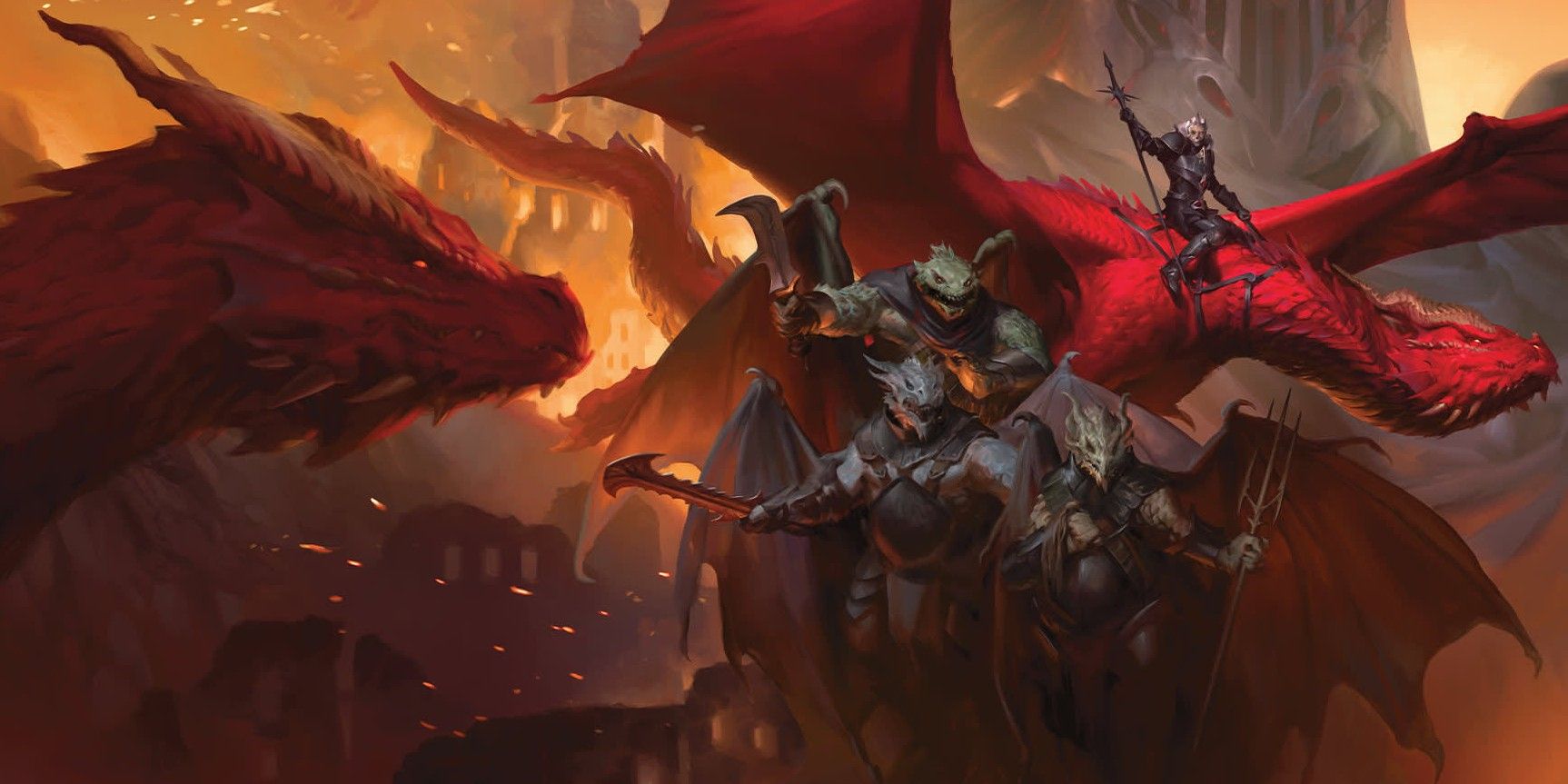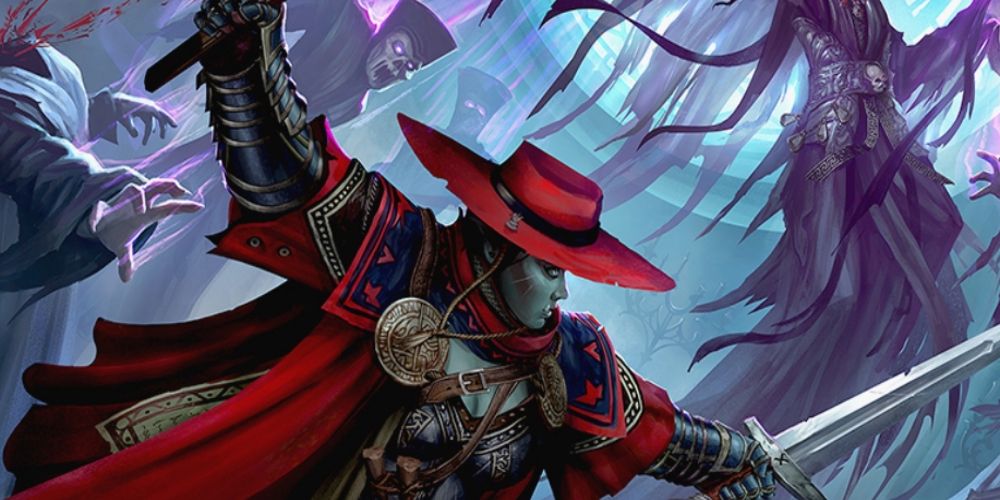Read update
- Wizards of the Coast has provided an update on the OGL changes, which can found in full on D&D Beyond.
Wizards of the Coast, the company that owns Dungeons & Dragons, is currently embroiled in a huge controversy over planned changes to its OGL, with various DnD creators having now penned an open letter to the company over its plans. The OGL is what allows other properties to utilize DnD's baseline framework for TTRPGs, as well as the many digital resources that exist for the game. The original OGL was designed over two decades ago, and has helped creators make resources for the game as well as spin-offs like Pathfinder.
When it comes to what fans were expecting from Dungeons & Dragons in 2023, changes to the OGL likely weren't one of them. The OGL is slated to be updated to 1.1, and its many harmful changes have been outlined in an open letter shared on the OpenDnD website. The letter urges creators to not sign the new OGL 1.1 agreement, and instead asks both them and fans of tabletop gaming to sign the open letter that uses the hashtag #OpenDnD, something the creators of the letter claim is "a rallying cry under which creators and fans have unified to demand that WotC revoke the draconian 1.1 OGL and pledge to support the existing 1.0 OGL into future editions of their games."
D&D's OGL 1.1 Controversy - Why Critics Say It's Bad News For TTRPGs
The open letter details some of the most concerning changes slated to be made with the OGL 1.1, including a new requirement for creators to report their projects and revenues to Wizards of the Coast, a new 25% tax on all creator sales - not profit - made over $750,000, and giving WotC legal rights to reproduce and resell creators’ content without permission or compensation. Many believe that DnD is about to get a lot worse if these changes take effect, as they'll hinder independent creators. Fans' ability to play will also suffer, as virtual tabletops will no longer be allowed to operate under the OGL 1.1.
These changes proposed by Wizards of the Coast have been compared to the predatory microtransaction practices that have been affecting video games for years. If the OGL 1.1 ends up going into effect, the tabletop market as players know it will drastically change. There will be much less variation of titles available on the market due to financial restrictions, all products that use Dungeons & Dragons features as a backbone will have to cease production or pay exorbitant fees, and it will be hard to even play together with friends.
While WotC has claimed DnD's new OGL rules mean little for the average player, this letter asserts that is certainly not the case. OGL 1.1 could very likely be felt throughout the tabletop industry on both a player and creator level, with WotC essentially gaining a monopoly over the entire market. With enough backlash from players and creators, including signatures on this letter, it's possible that WotC will change its decision, but currently, it's unknown what the future holds for the rules of Dungeons & Dragons.
UPDATE: 2023/01/13 12:33 EST BY AUSTIN KING
Wizards of the Coast has provided an update on the OGL changes, which can found in full on D&D Beyond.
Source: Dungeons & Dragons/YouTube, OpenDnD


